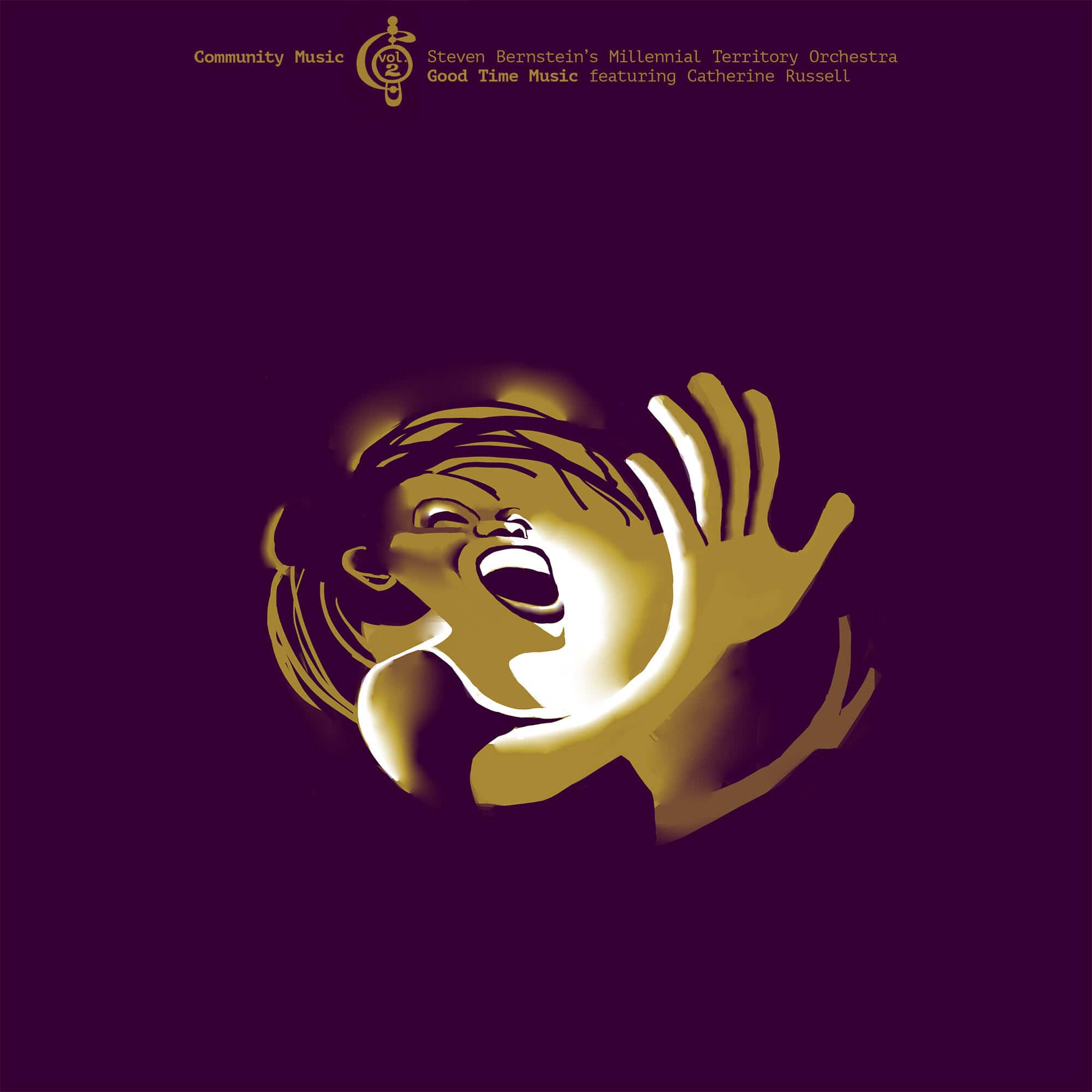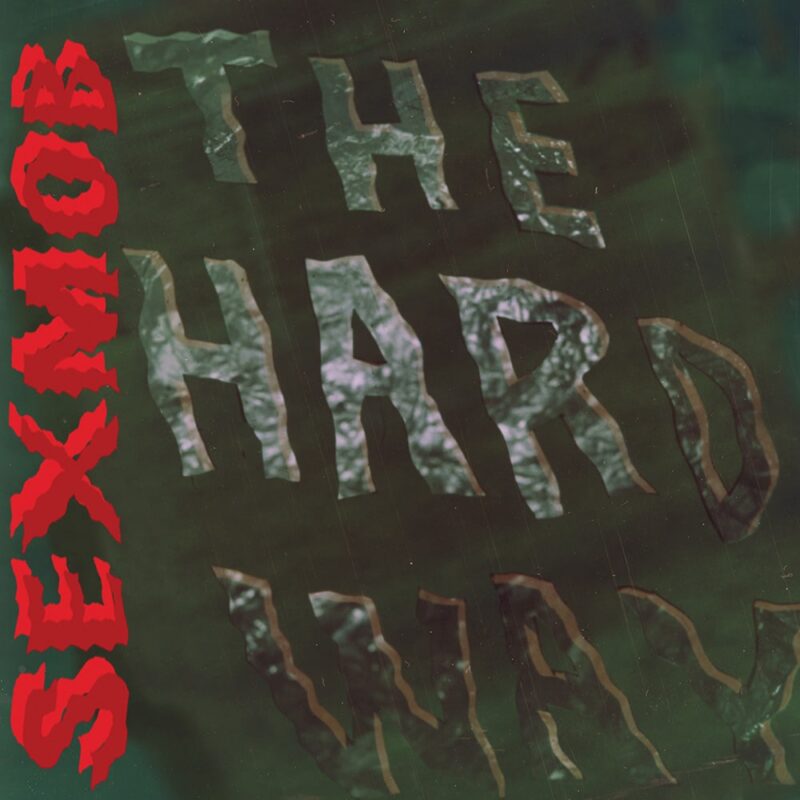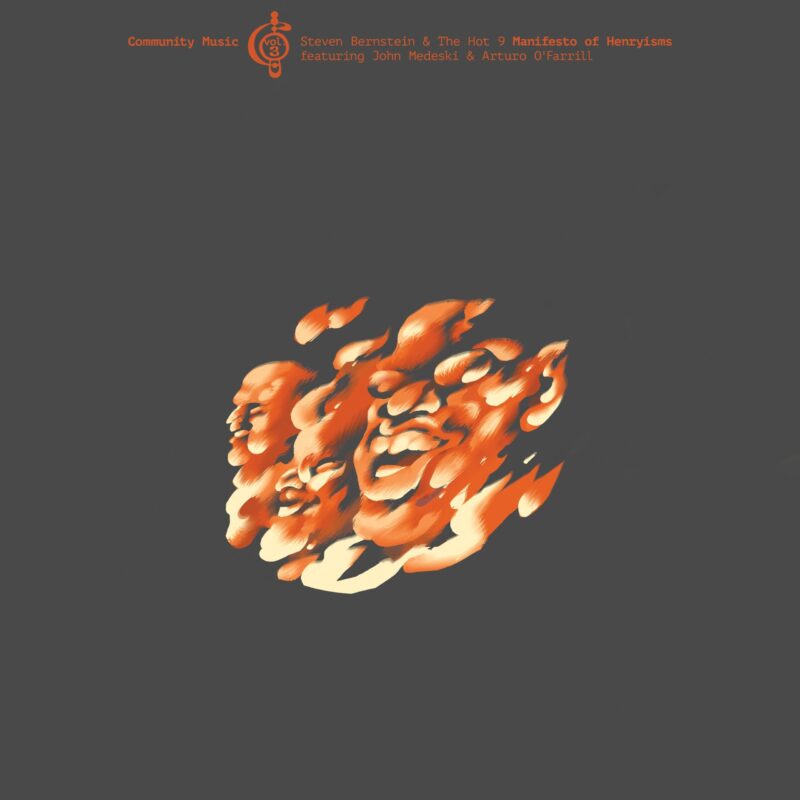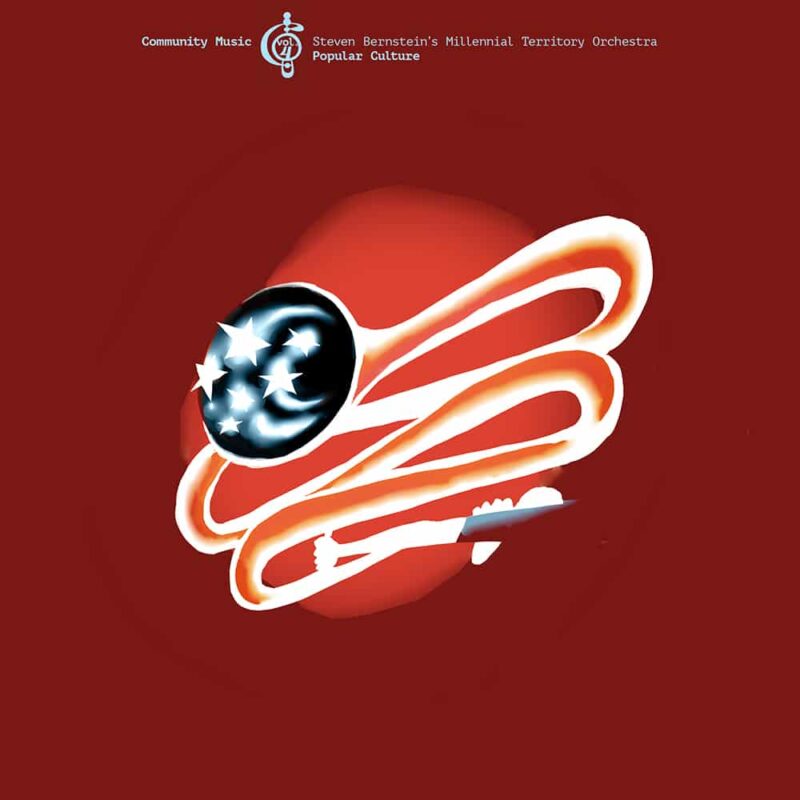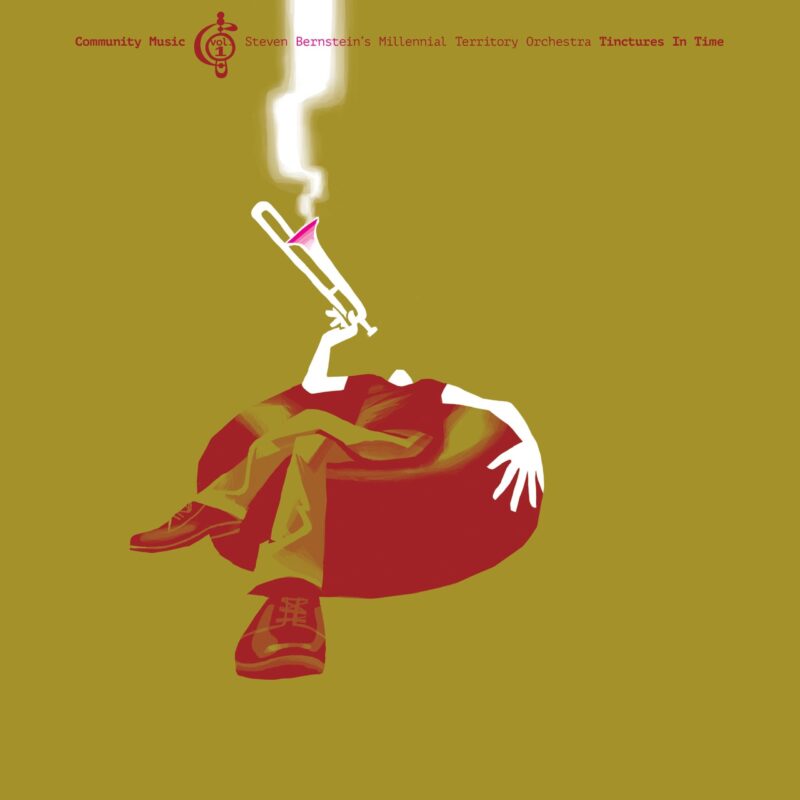Bernstein and Russell met in 2008 when Russell did a show at one of Levon Helm’s Midnight Ram-ble’s at his barn in Woodstock; later, she recorded her acclaimed album Sentimental Streak there, with Bernstein playing and arranging horns. Russell became a regular at the Ramble and cut the Harry Nils-son tune “Poli High” with Bernstein’s band Sexmob the following year, followed by a few New York shows with the MTO. She became part of the community.
The album’s title comes from Lou Reed, who had just seen Helm’s triumphant 2007 show at New York’s Beacon Theatre. Bernstein was in the band and recalls that “the audience went crazy.” Reed’s summation was a bit more subdued: “Oh, you know,” he told his friend Hal Willner, “it was good time music.”
“When Hal told me that story, I thought it was a put-down,” says Bernstein. “But later I learned that Lou loved good time music — the kind where you just tap your foot and nod your head with a smile on your face — because he knew how important that is in the world. And with Levon, I learned how beau-tiful it was to play that kind of music. I thought it would be great to make a record of good time music. So here it is.”
‘Good Time Music’ draws on the feeling that Helm brought to the audiences at the Midnight Rambles, not to mention Bernstein’s experience touring with Little Feat. And once again, there’s that sense of music as healing.
“Absolutely,” Bernstein agrees. “It’s always healing to play good time music — even if you haven’t experienced loss. Playing good time music feels good: the band feels good, the audience feels good, everything feels good,” Bernstein explains. “Good time music, you see, is all about the tap, the nod and the smile.
“Yes We Can” is the very embodiment of good time music, and in the MTO’s hands, with Russell leading the charge, it builds and starts to cook — the kind of collective journey that something only ex-perienced musicians can conjure. “That’s capturing lightning in a bottle,” Bernstein says. “And it takes a lot of trust to get there.” And listen to Ben Perowsky’s drumming there — the guy is on fire.
Most of these tunes happen to be written by residents of New Orleans: Percy Mayfield (“River’s Invi-tation”), Earl King (“Come On”), Allen Toussaint (“Yes We Can”) and Professor Longhair (“Baby Let Me Hold Your Hand”). New Orleans music runs deep in Bernstein’s bones: he’s worked extensively not just with Henry Butler but with Allen Toussaint and Dr. John; he was originally taught trumpet in the style of Louis Armstrong, and, like Satchmo, he funnels his charisma and sense of humor into a stage presence that’s as entertaining as it is commanding.
Which is just one connection to Cat Russell: her father Luis Russell was Louis Armstrong’s musical director in the ’30s and early ’40s; he also played with another New Orleans jazz originator, King Oliver. (Russell’s mother Carline Ray, a Juilliard grad, was a hotshot session bassist, sang in choruses conduct-ed by Leonard Bernstein and played with the famed International Sweethearts of Rhythm.)
Russell sang backup with Steely Dan and David Bowie for years, as well as other blue chip artists such as Paul Simon, Madonna and Al Green before stepping out on her own as an acclaimed solo artist, re-cording seven albums and winning two Grammy nominations. Russell, a consummate professional, sang her vocals live with the band. “She’s just the best,” Bernstein says. “She’s got a perfect mixture of science and intuition. She’s an excellent musician: listen to her rhythm, every note she sings, it’s perfect. There is no one else like her.”



